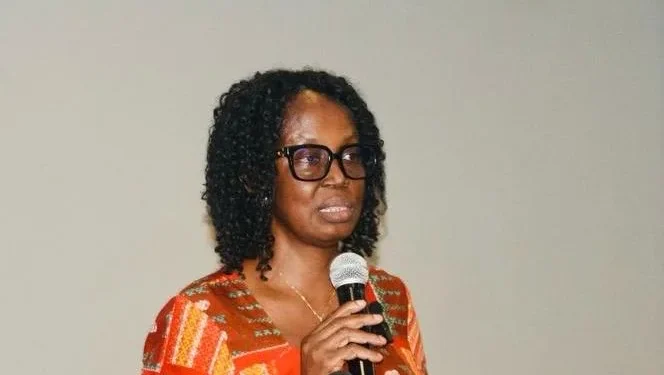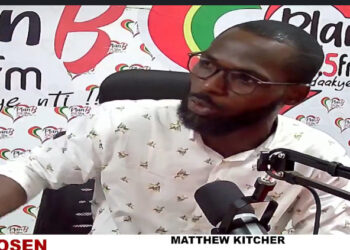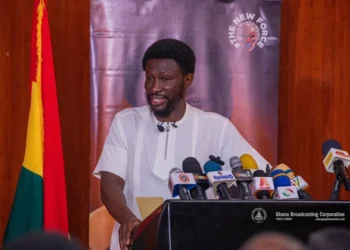The Ghana Anti-Corruption Coalition (GACC) has taken a special interest in the cost of winning and maintaining political seats in the country as it fears criminal elements could infiltrate Ghana’s political space with tinted money.
Speaking on Plan B FM’s morning show NKOSUONSEM hosted by Obidehye Kofi Sekyi, the Executive Secretary Madam Beauty Emefa Narteh emphasized that, delegates demanding money from aspirants before voting for them bring undue pressure on candidates, and with the 2024 elections less than ten months away, the GACC together with the Office of the Special Prosecutor (OSP) and the Economic and Organized Crime Office (EOCO) are collaborating in a renewed fight against these threats.
The intervention is further invigorated by the widely reported incidents of voter inducements that characterized the primaries of the National Democratic Congress (NDC) and the New Patriotic Party (NPP).
She stressed that Research by the Centre for Democratic Development revealed that it took a member of parliament close to 700,000 dollars to nurture a constituency, contest primaries, and win in the 2020 parliamentary elections.
Executive Secretary of the GACC Beauty Emefa Narteh warned that the alarming trend of voter inducements only coerced politicians to find money from all sources including members of serious and organized crime cells.
“Politicians are now put in the position to look for sponsors with free money to dispense? It’s usually people who are into these serious organized crimes or who have acquired illegitimate wealth, finding means to legitimize. They find ways to buy power for protection and influence,” she cautioned.
While the GACC wants the public to support state agencies like the OSP and EOCO with leads, the coalition is demanding a relook at the financing provisions of the Political Parties Act to engender more fairness and transparency.
“We will want to see the sources of their money, who are giving our politicians the money, and what they are even doing with the monies. In other jurisdictions, once it is campaign money, it becomes public money subject to public audit,” Beauty argued.










Discussion about this post